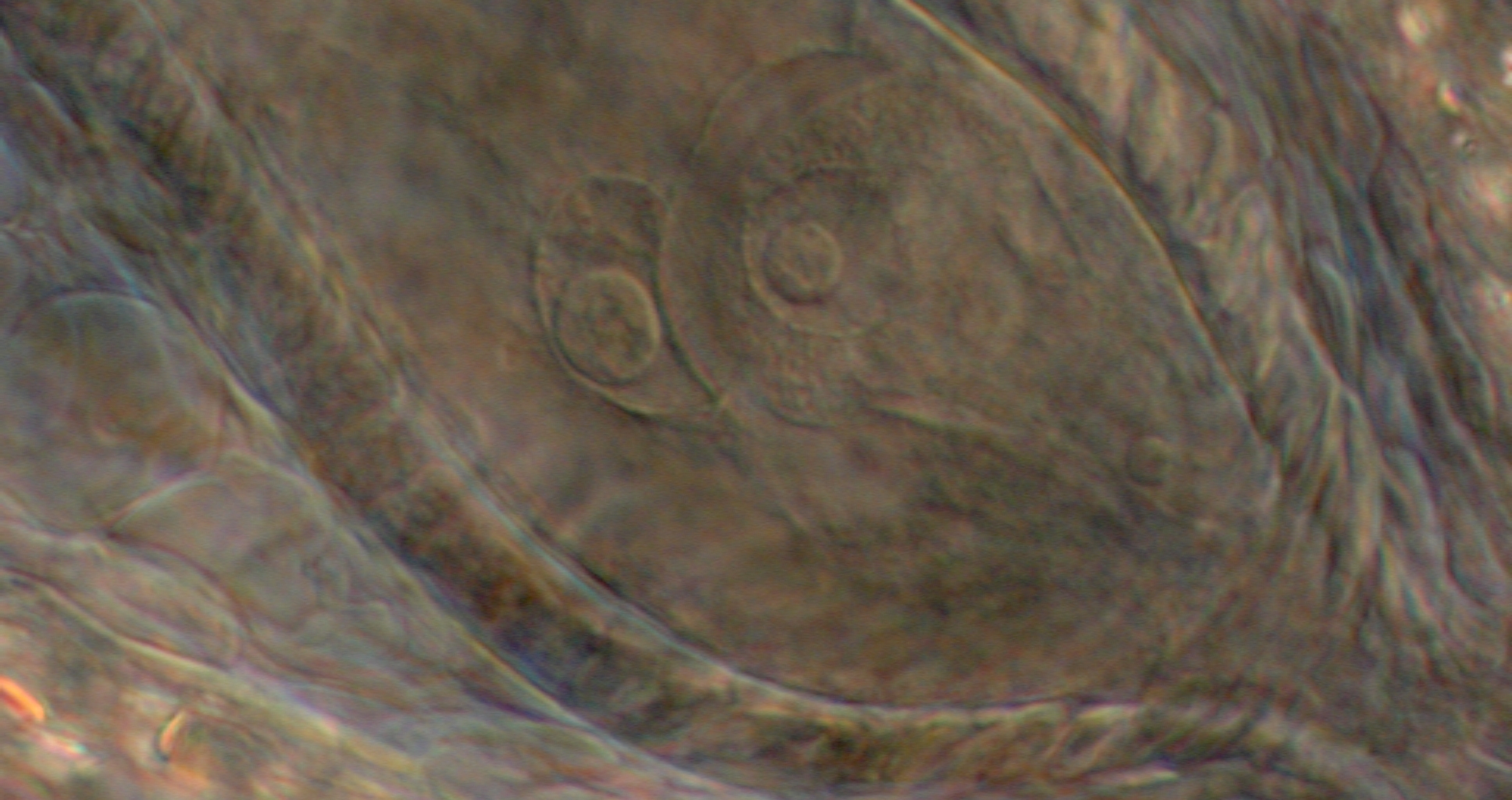KeyGene's impact
Genetics unraveled crucial to making crop plants produce clonal seeds through apomixis

At KeyGene, more than 15 years of fundamental research has led to breakthroughs in revealing and understanding the genetics of apomixis. Apomixis is the phenomenon that enables plants to produce ‘clonal’ seeds, having the same genetic makeup as the mother plant. Using this important trait will enhance breeding efficiency in important crops.

KeyGene’s apomixis expert Peter van Dijk, research coordinator and last author of the 2022 apomixis paper in Nature Genetics
In 2022, Researchers from KeyGene and Wageningen University & Research (WUR), in collaboration with colleagues from Japan and New Zealand, published the discovery of the PAR gene, which will make it possible to produce seeds from crops that are genetically identical to the mother plant, without pollination. Together with researchers from the Japanese breeding company Takii and New Zealand’s Plant & Food Research and Lincoln University, the KeyGene and WUR researchers explain in a paper in Nature Genetics magazine how the gene works and the way it influenced the work of the ‘father of genetics’ Gregor Mendel. The discovery is expected to lead to major innovations in plant breeding.
The gene found has been given the name PAR, shortened from parthenogenesis, the process whereby egg cells grow into plant embryos without fertilization of the egg cells. The discovery marks a definitive breakthrough and crowns the research team’s work that started at KeyGene over 15 years ago.
Free access to KeyGene’s 2022 webinar about Apomixis
On Thursday, February 17, 2022, KeyGene organized an international webinar on the new possibilities for applying apomixis in crop breeding. The webinar featured scientists and breeders from Italy, Ireland, Canada, China, and the Netherlands.
View the recording of the webinar
More information
- Paper about the PAR , on website of Nature Genetics, January 6, 2022
- Short video clip about the invention
- Read more about KeyGene’s technology innovation in trait technology
- Learn more about how KeyGene supports partners to enhance breeding efficiency
Read more about the background
- Asexual reproduction through seeds: the complex case of diplosporous apomixis (2023), Letizia Cornaro, Camilla Banfi, Mara Cucinotta, Lucia Colombo & Peter J van Dijk, Journal of Experimental Biology, February 2023, subscription needed
- New advances in apomixis research at KeyGene published in “Genes”, news item, September 2020
- Plant breeding: surprisingly, less sex is better, paper in Current Biology, February 2016
Would you like to learn more about the perspectives of apomixis for your crops?
Just fill in the form and we will contact you